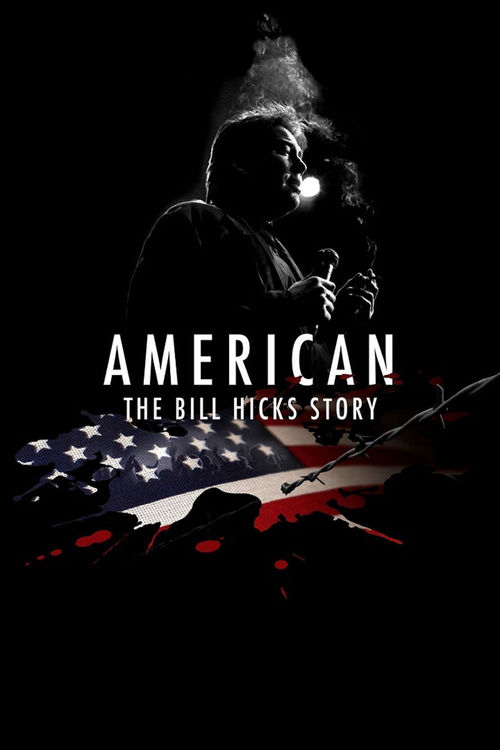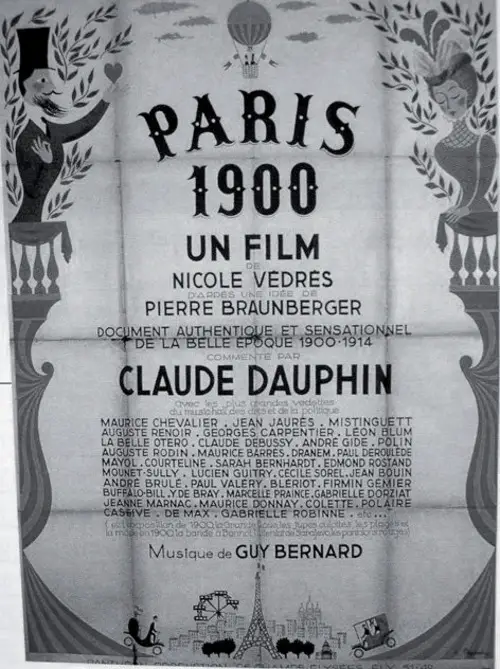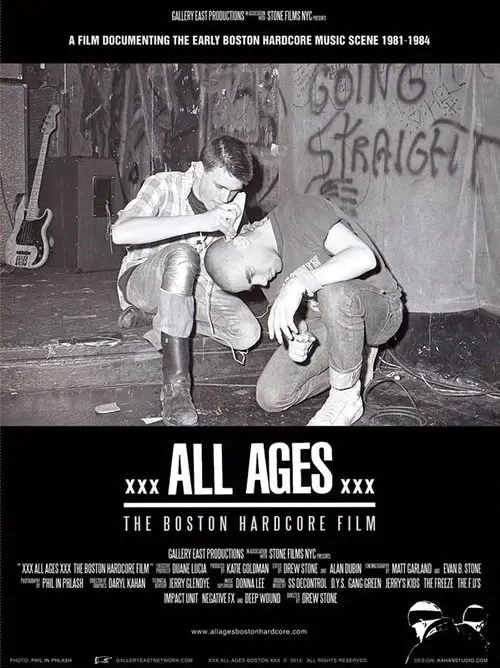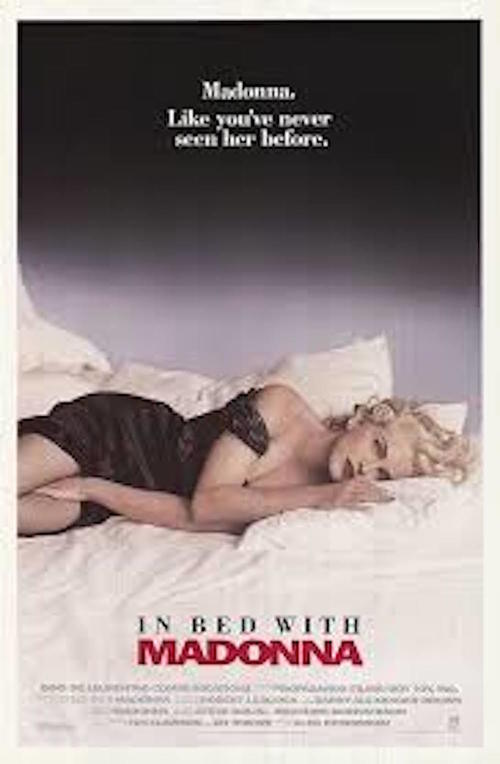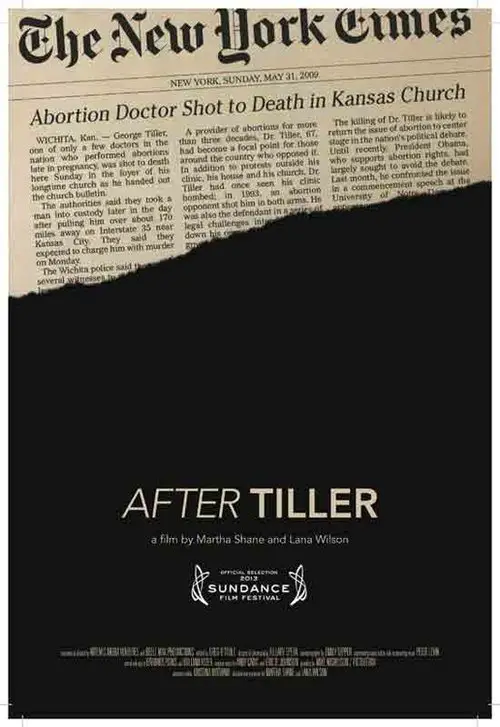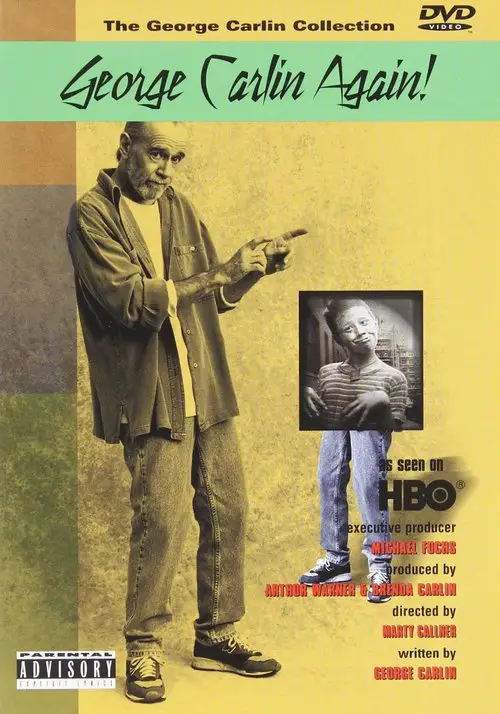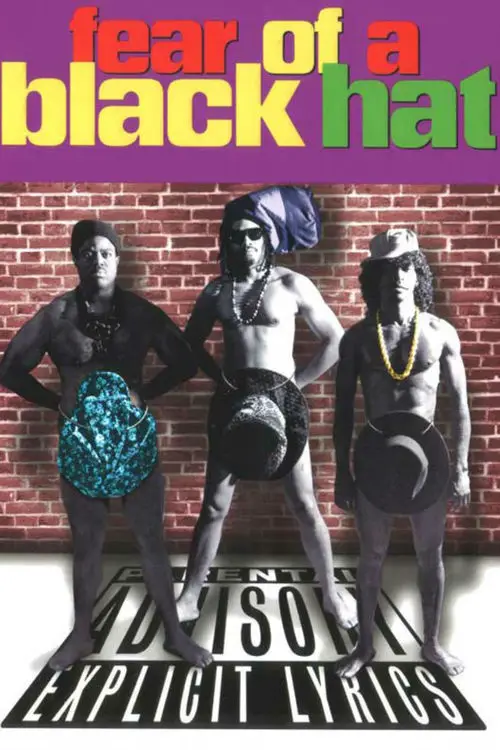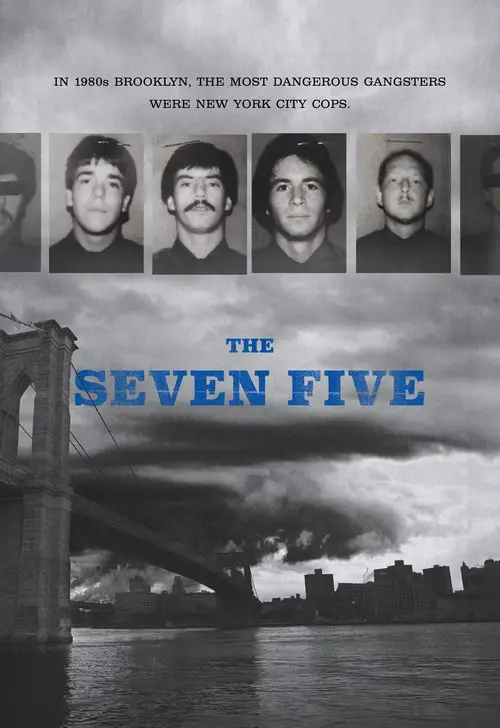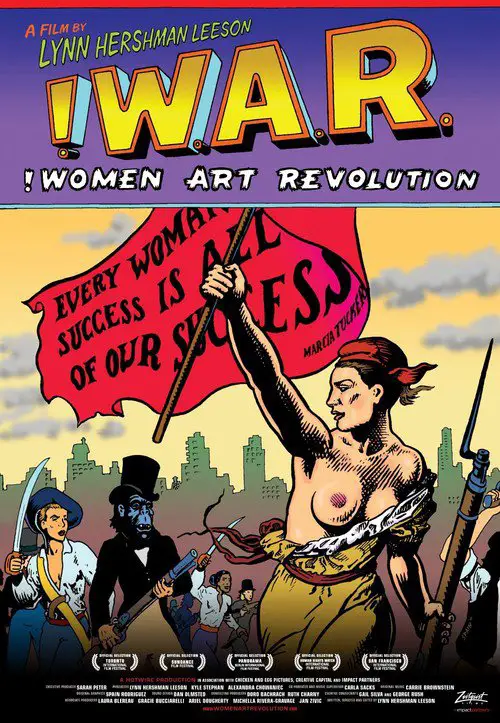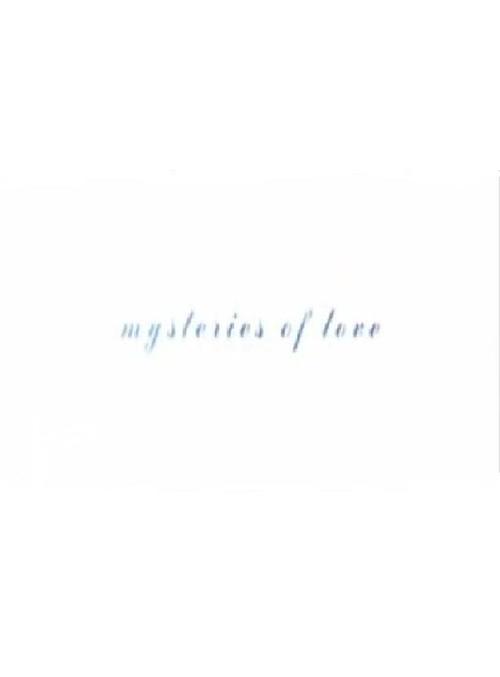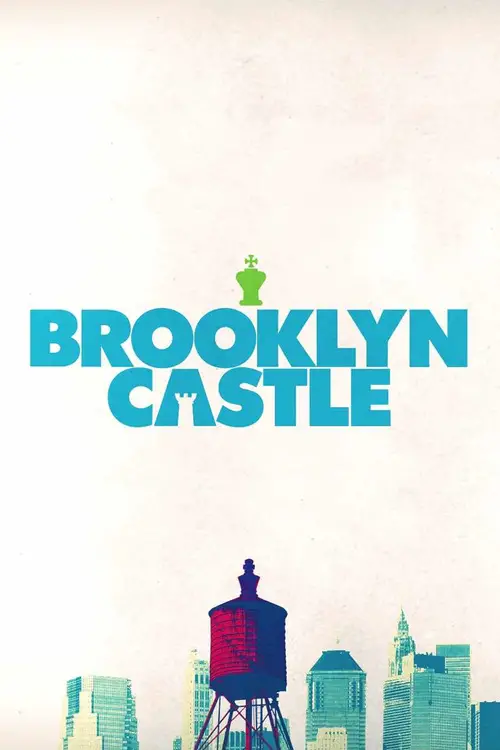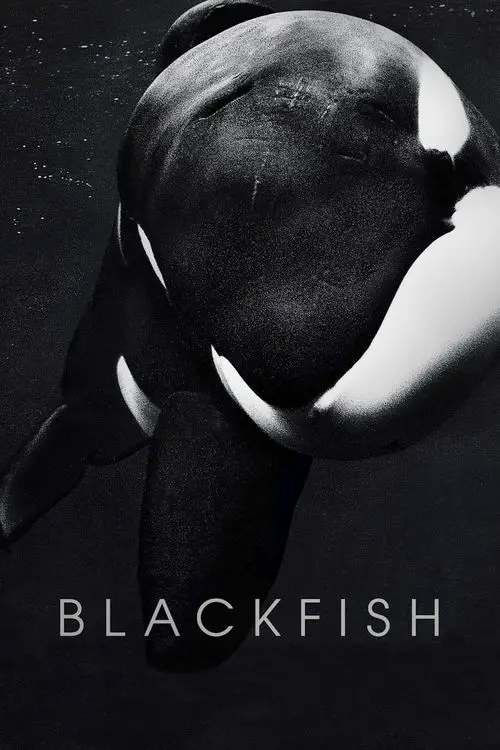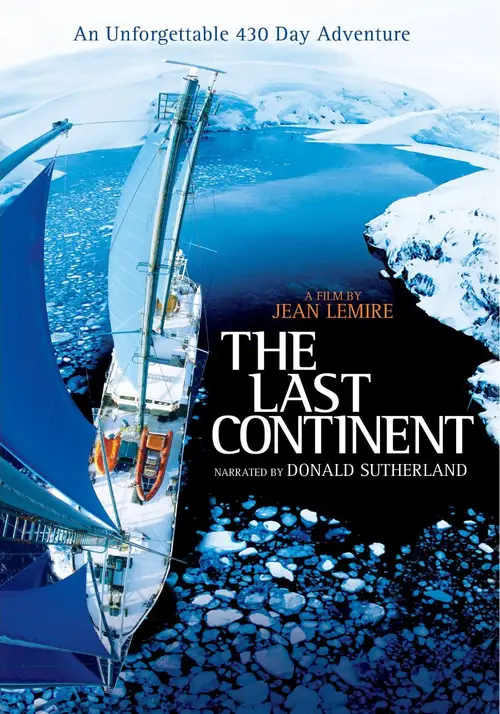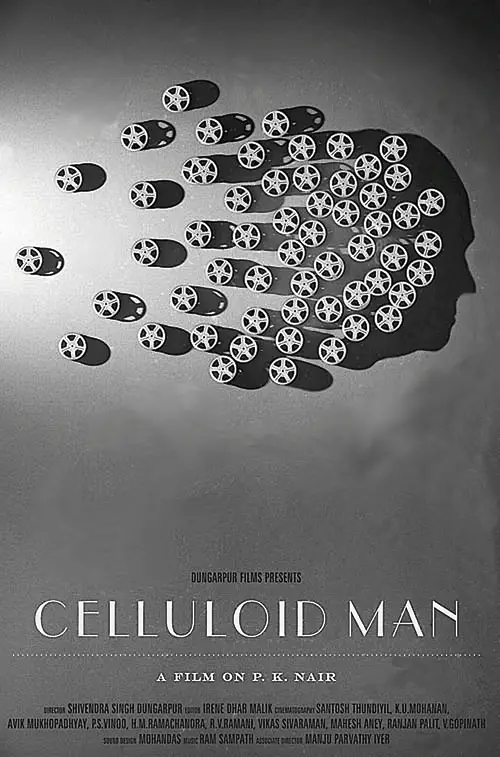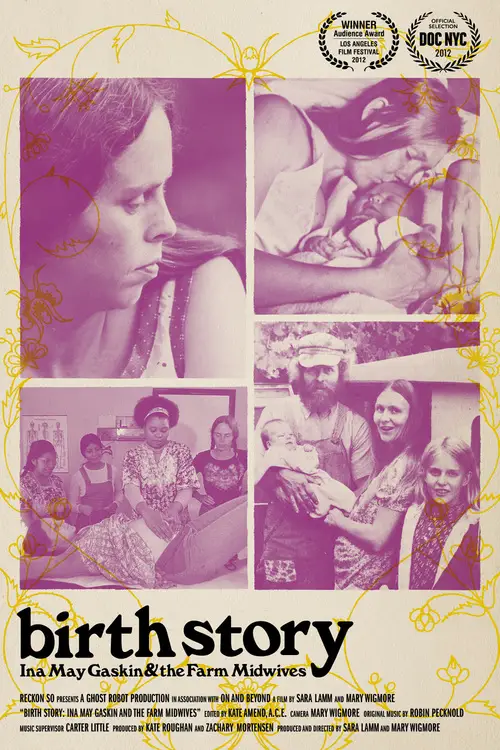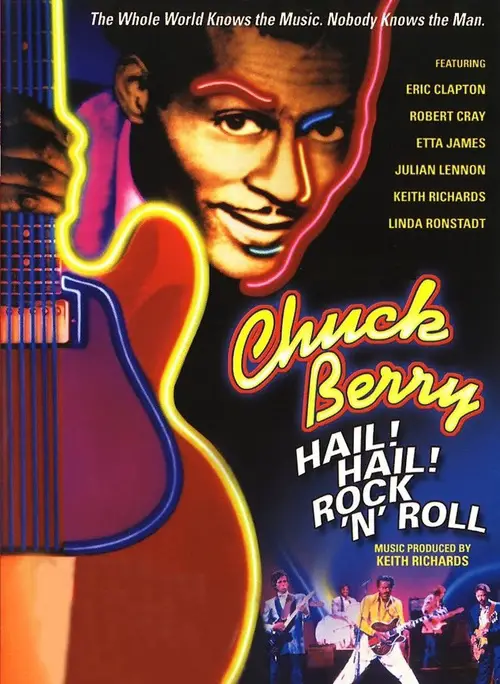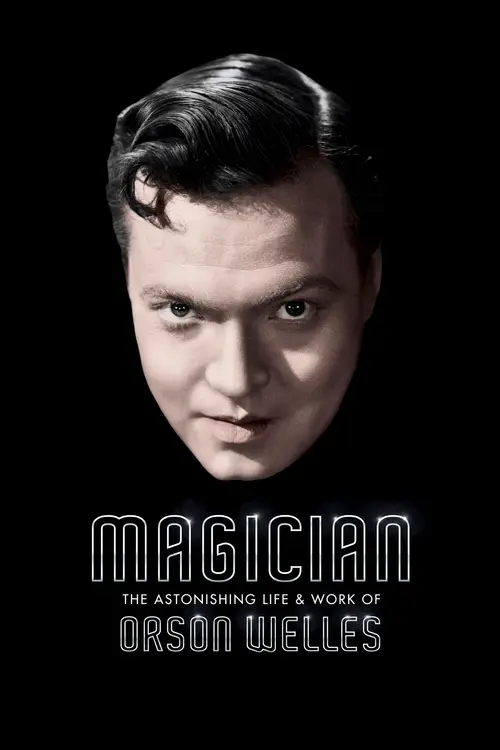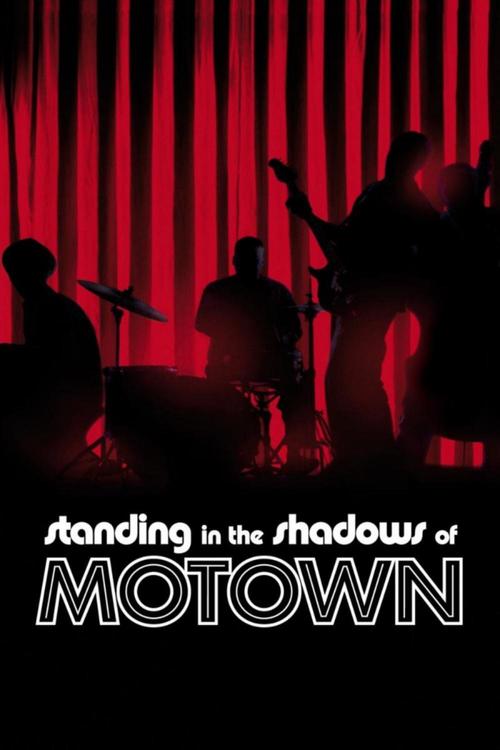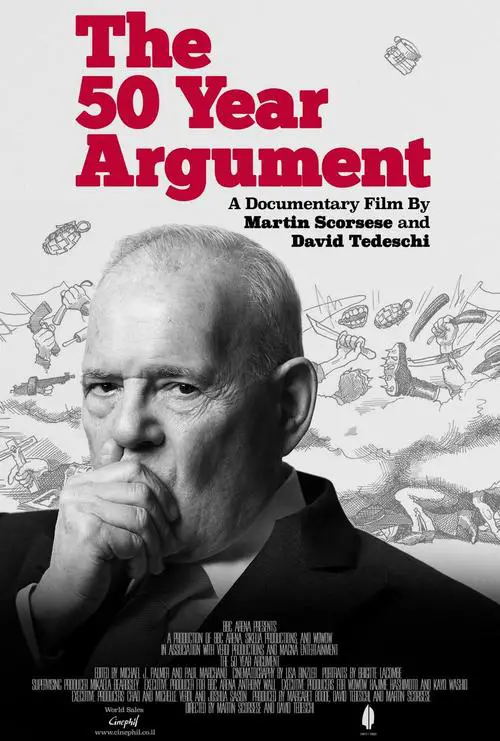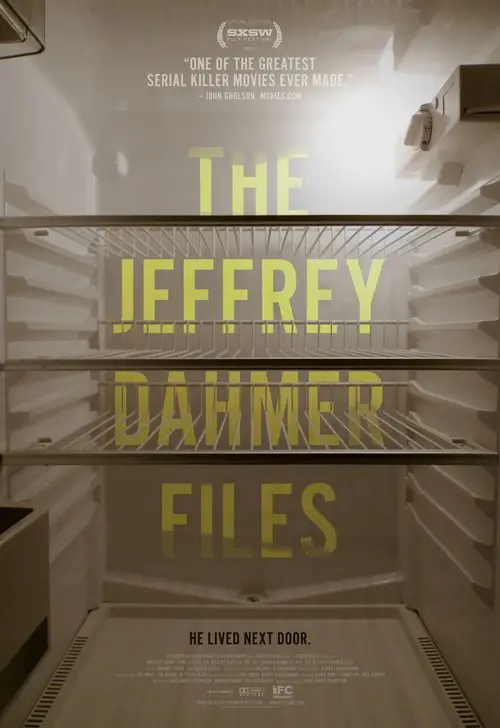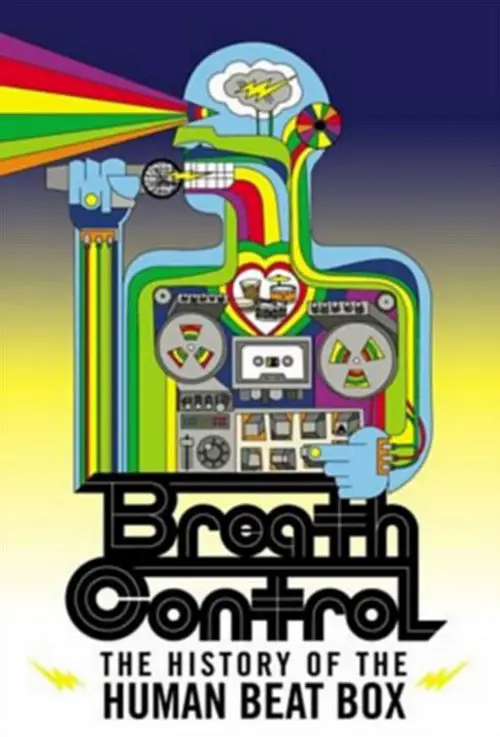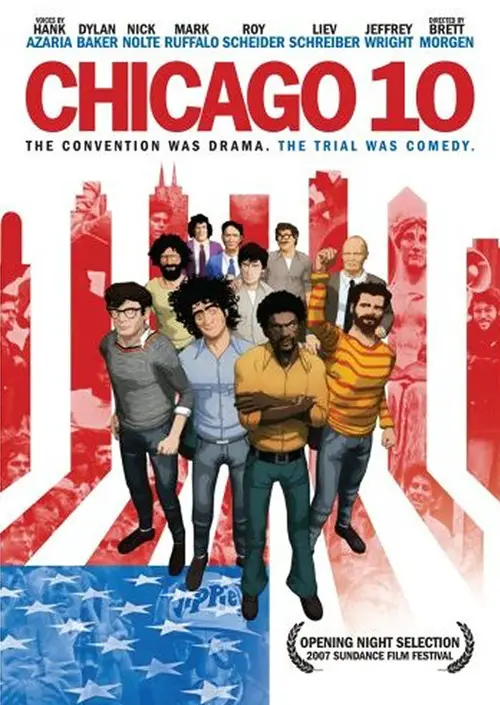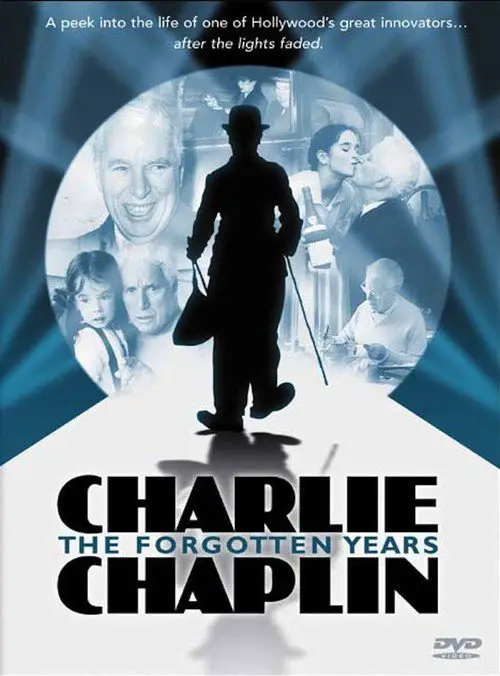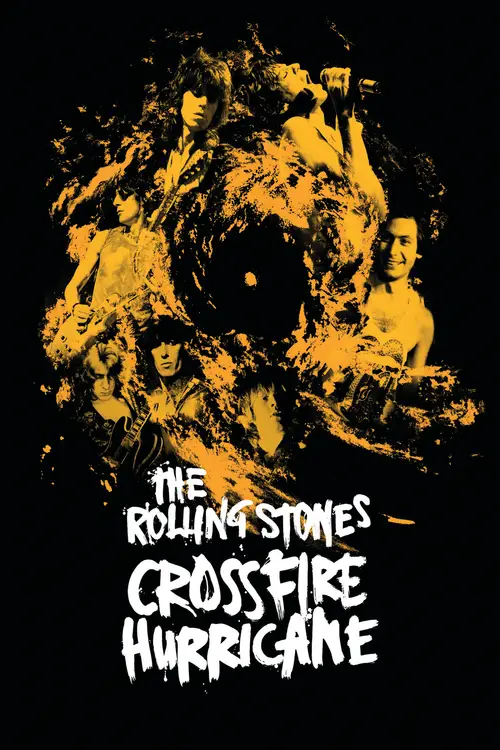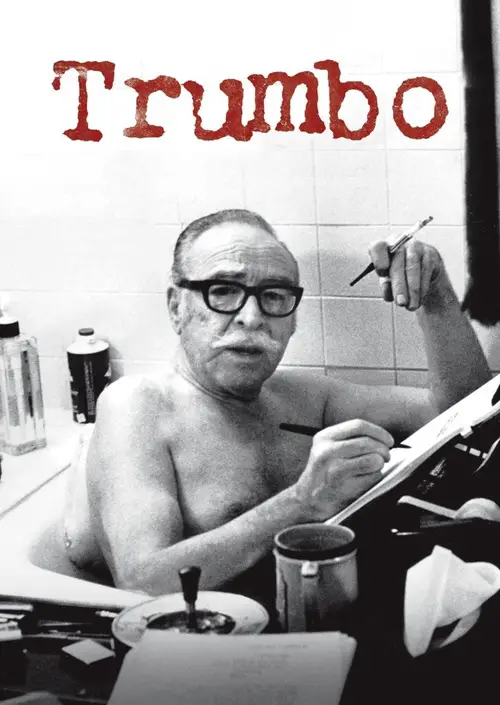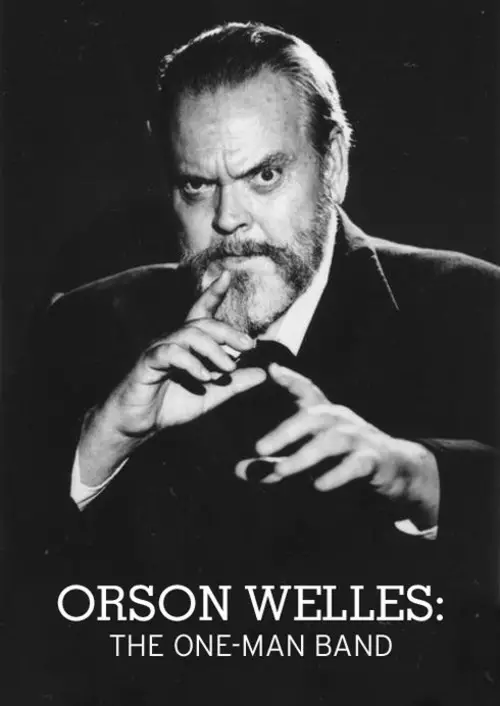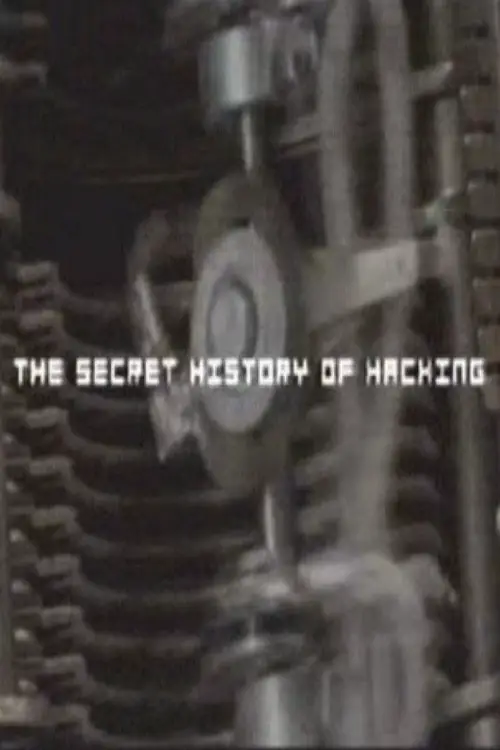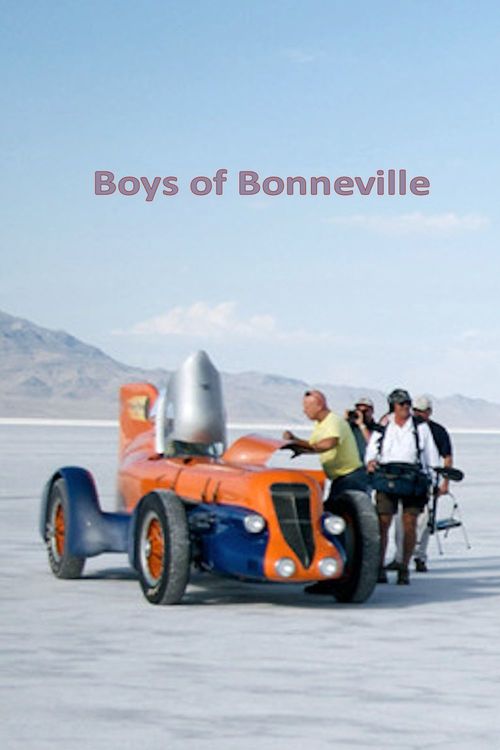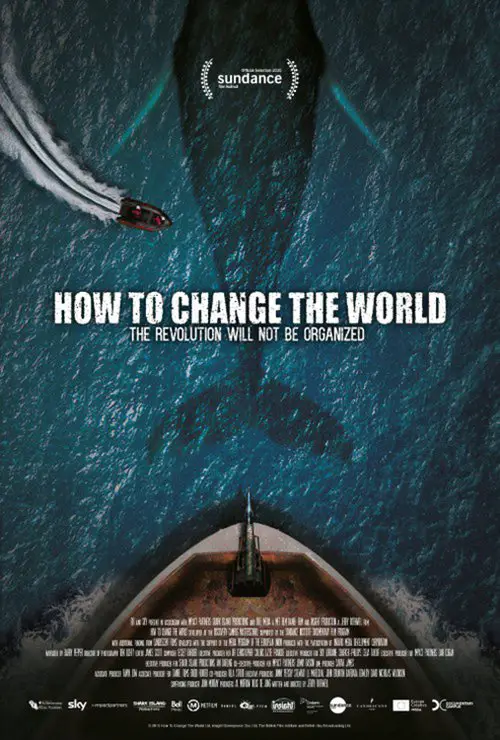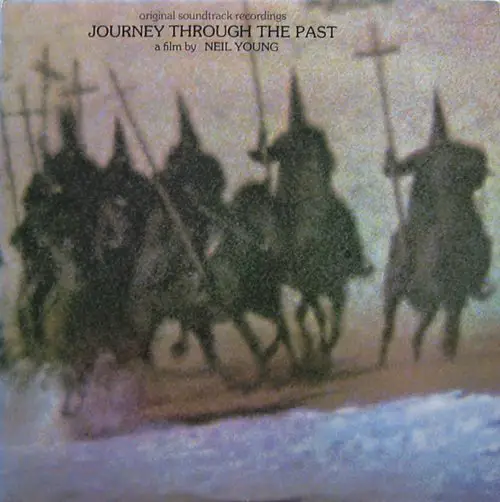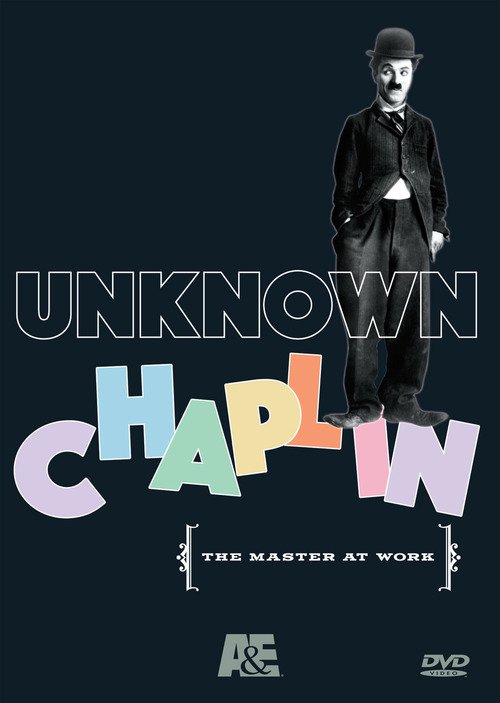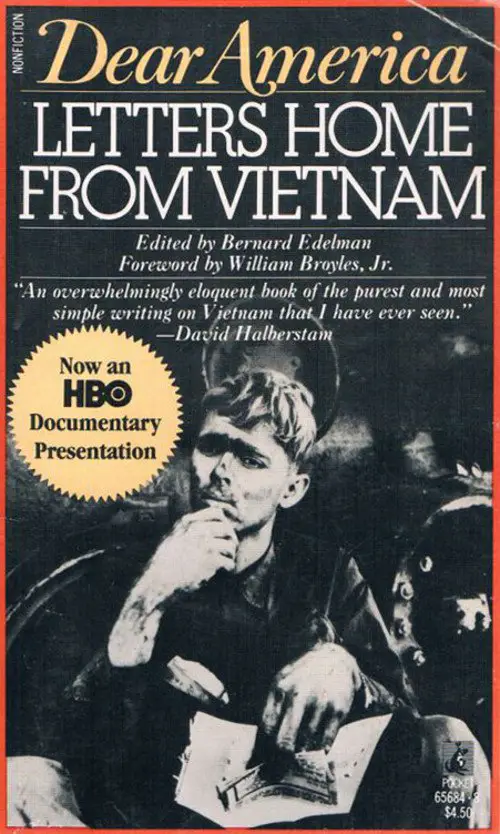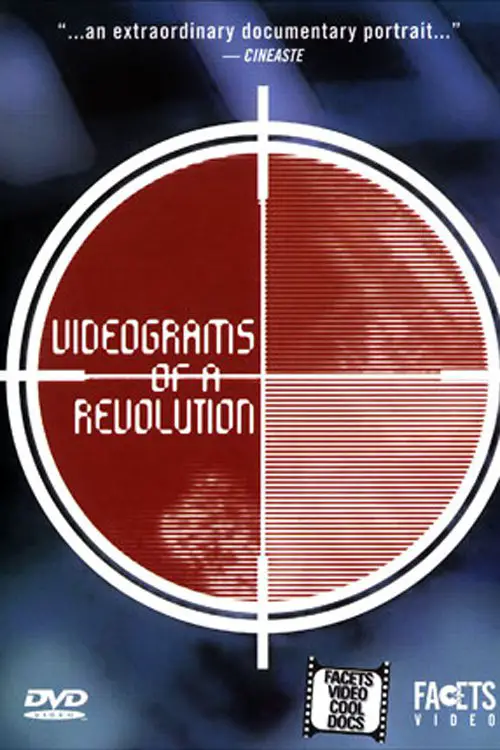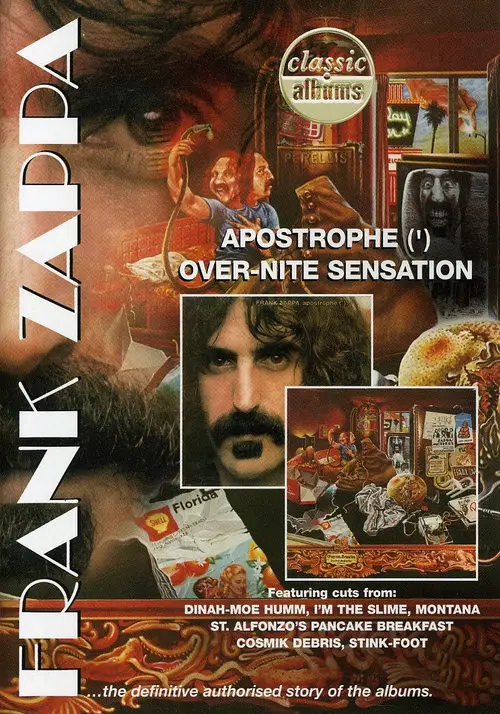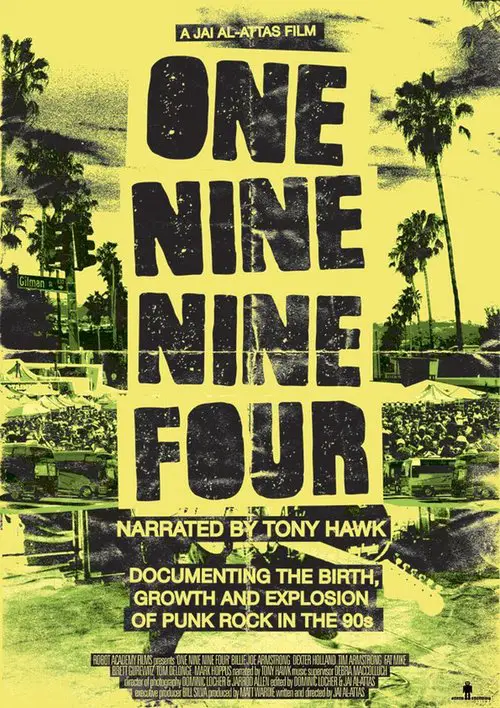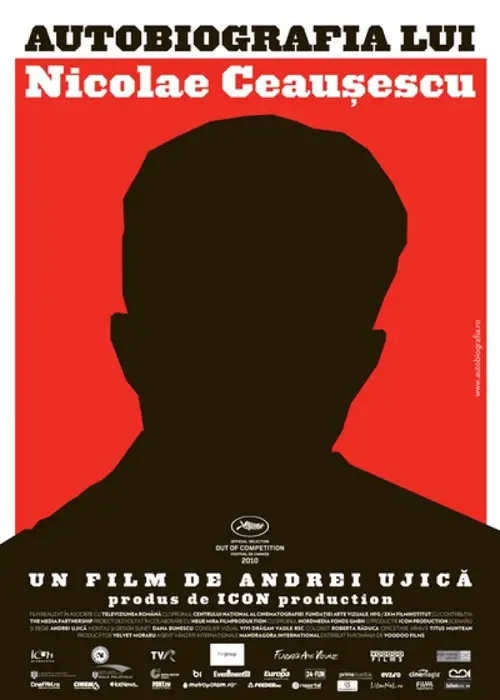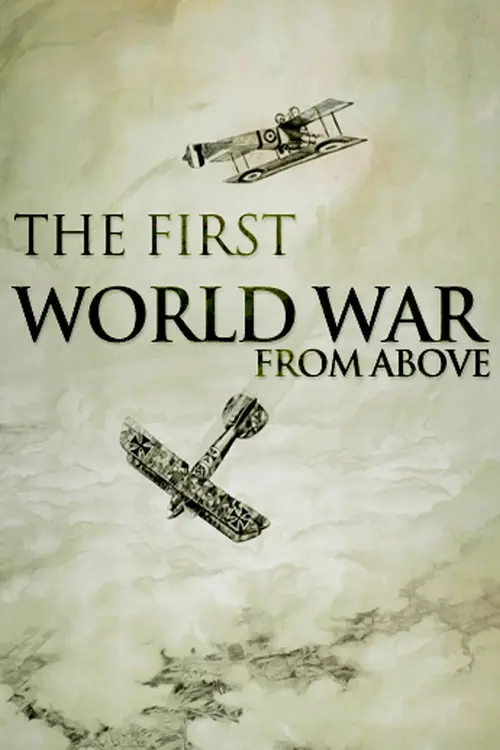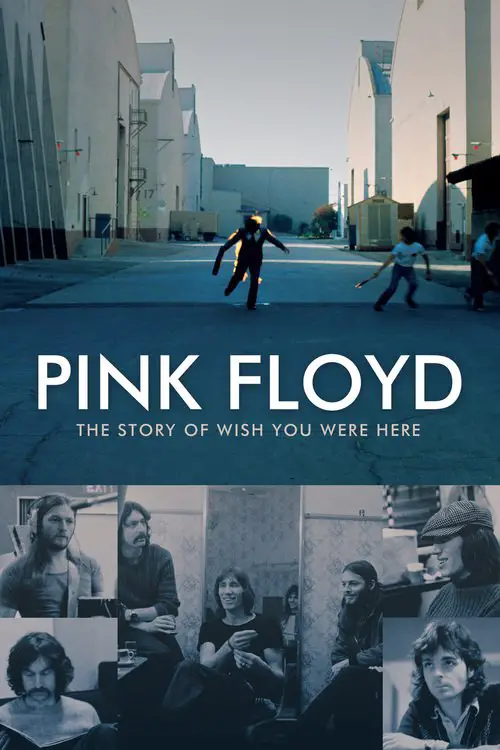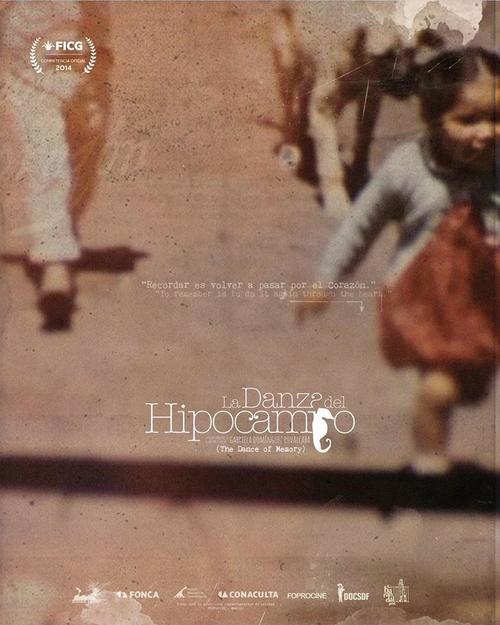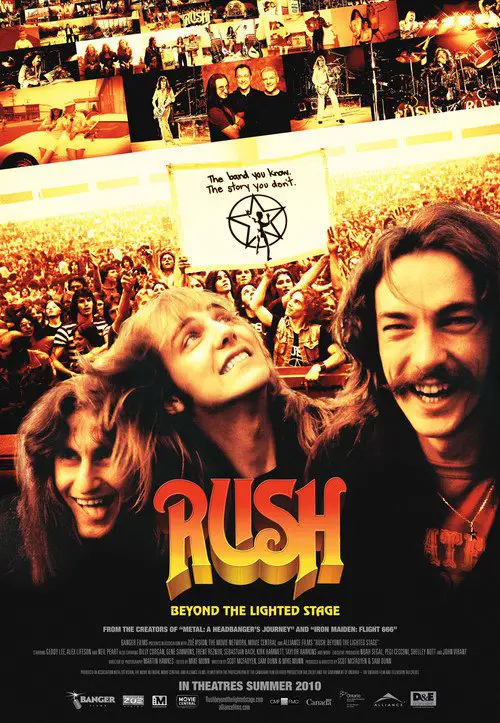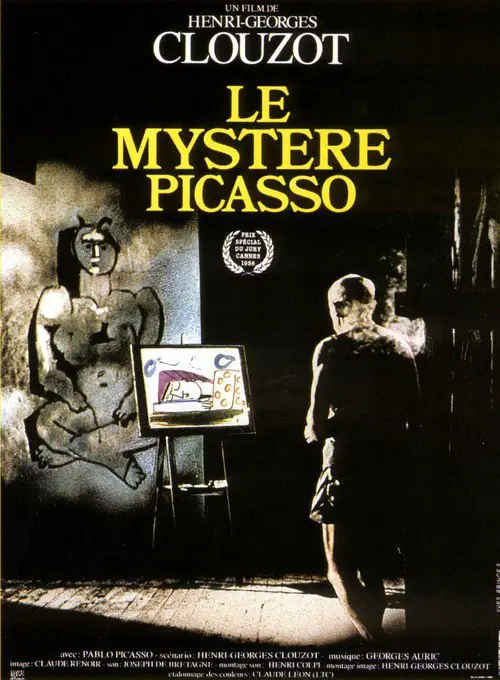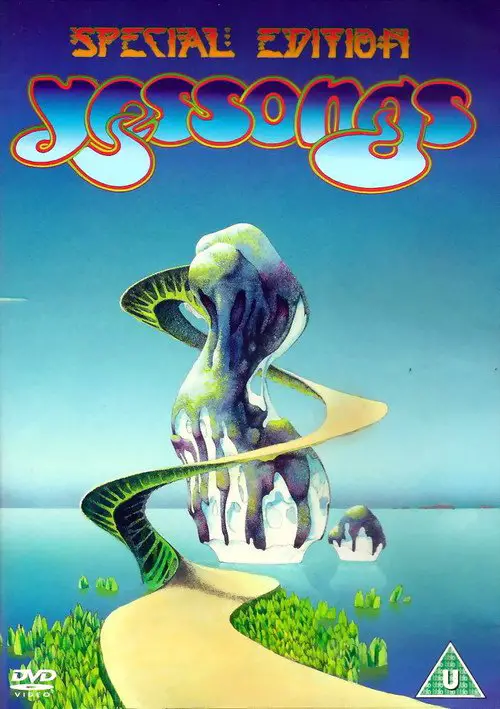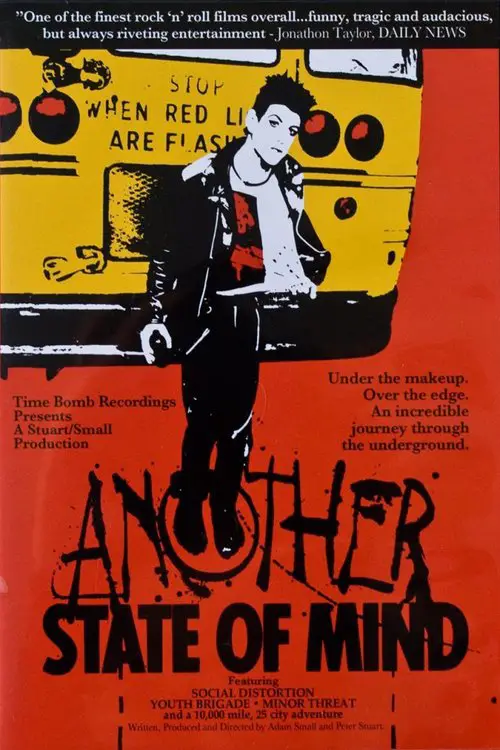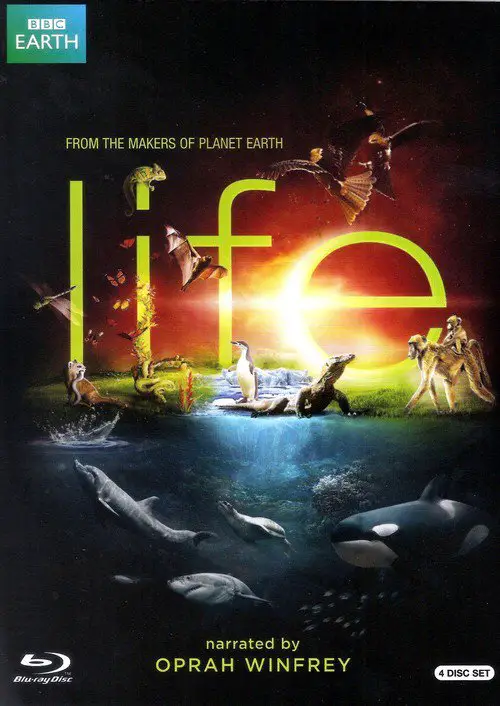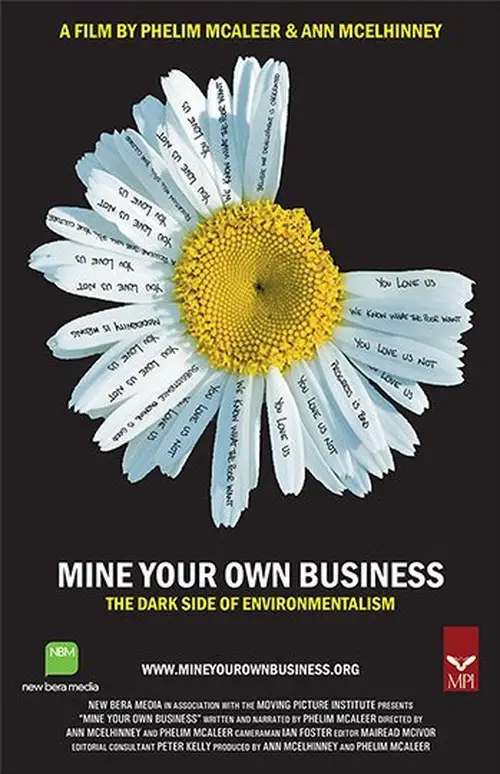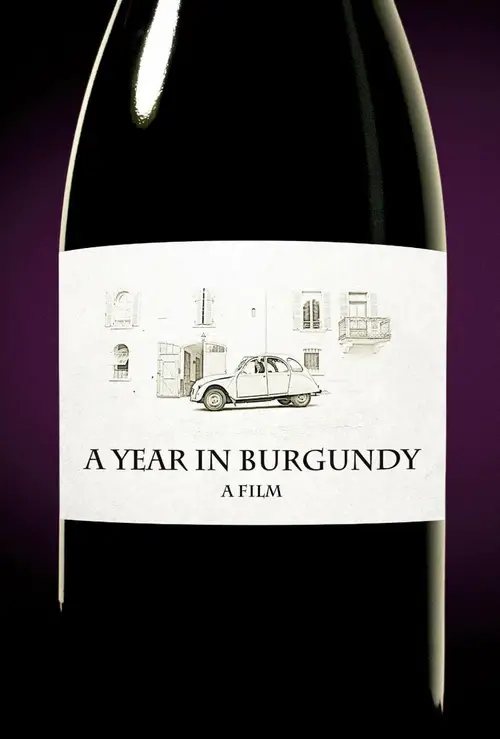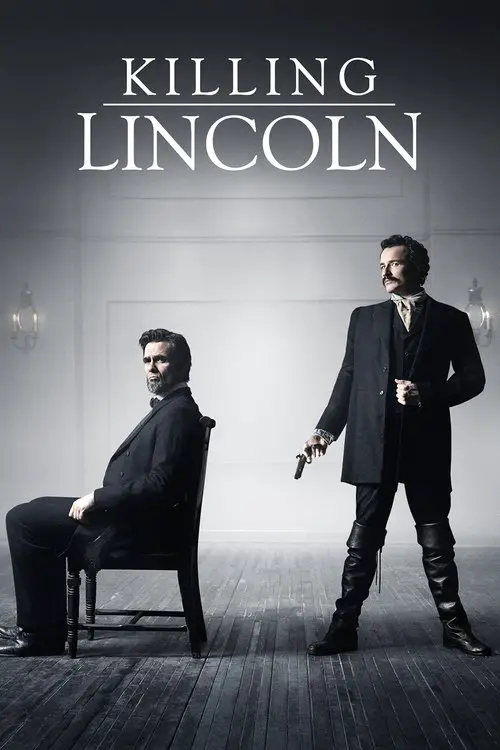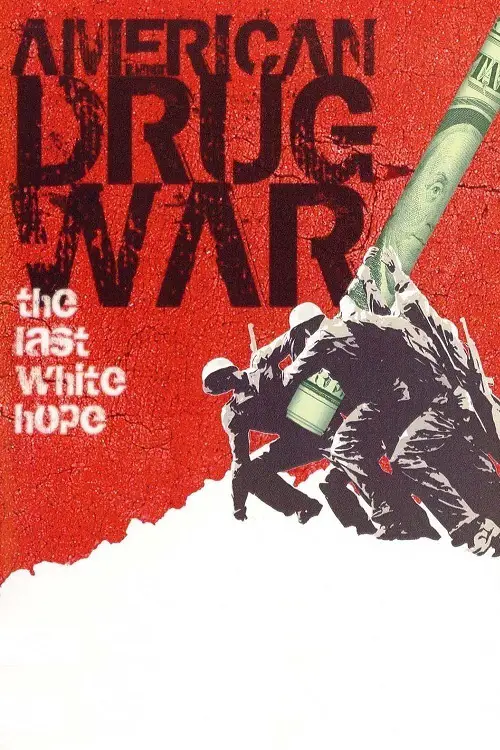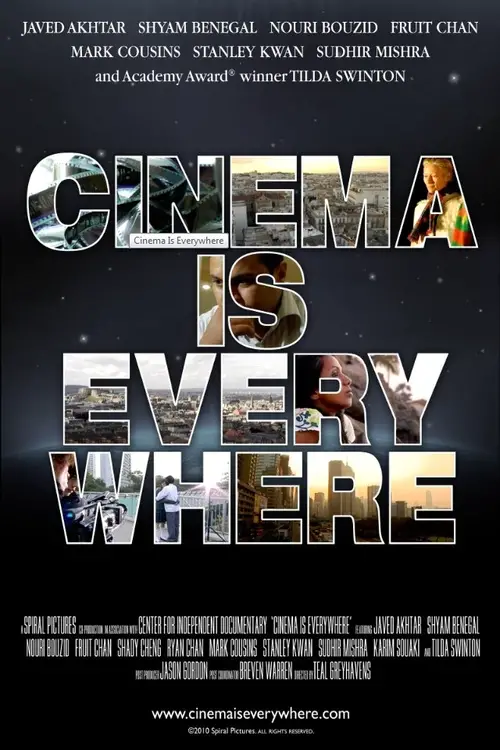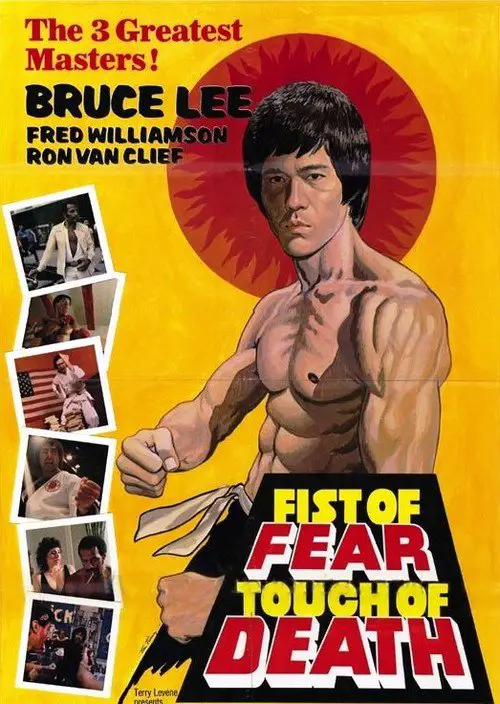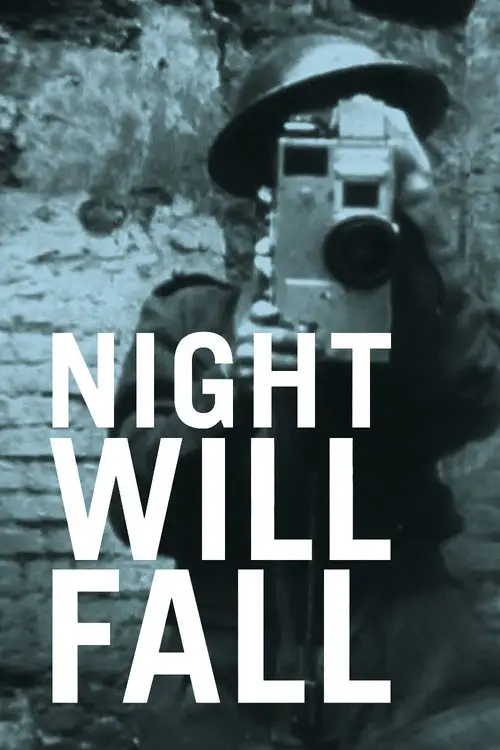BAM150 (2012)
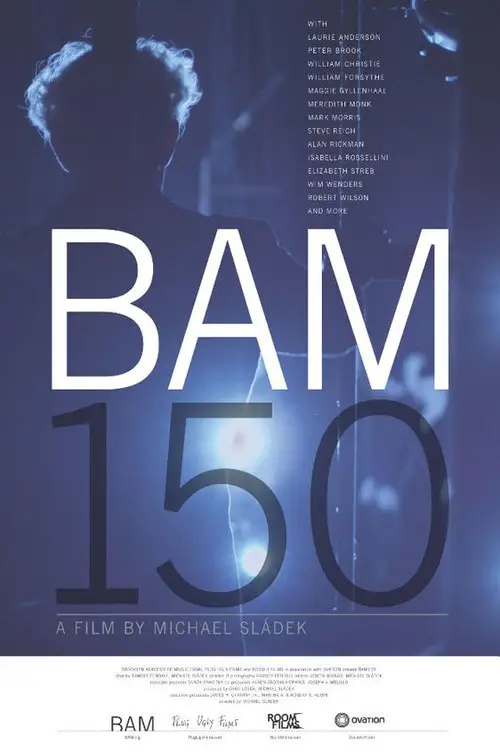
Similar movies
American: The Bill Hicks Story is a biographical documentary film on the life of comedian Bill Hicks. The film was produced by Matt Harlock and Paul Thomas, and features archival footage and interviews with family and friends, including Kevin Booth. The filmmakers used a cut-and-paste animation technique to add movement to a large collection of still pictures used to document events in Hicks' life. The film made its North American premiere at the 2010 South by Southwest Film Festival. The film was nominated for a 2010 Grierson British Documentary Award for the "Most Entertaining Documentary" category. It was also nominated for Best Graphics and Animation category in the 2011 Cinema Eye Awards. Awards won include The Dallas Film Festivals Texas Filmmaker Award, at Little Rock The Oxford American's Best Southern Film Award, and Best Documentary at the Downtown LA Film Festival. On Rotten Tomatoes, 81% of the first 47 reviews counted were rated positive.
Nicole Védrèss' chronicle of Pairs from 1900 to 1914 is brought to life through the use of original material, all authentic, secured from more then 700 films belonging to public and private collections. A few of the celebrities of the time shown are Enrico Caruso, Sarah Bernhardt, and Maurice Chevalier.
A documentary film that explores the early Boston Hardcore music scene from the years 1981 through 1984. This film delves into the social and communal aspects of that particular era. The community, culture, straight edge and DIY (do it yourself) ethic of the time are all explored in the film. Never before seen archival footage, photographs, interviews and dramatizations make up the body of the film. Bands included are SS Decontrol, DYS, Gang Green, The FU's, Jerry's Kids, Negative FX, The Freeze, and more.
The Age of Stupid is the new movie from Director Franny Armstrong (McLibel) and producer John Battsek (One Day In September). Pete Postlethwaite stars as a man living alone in the devastated future world of 2055, looking at old footage from 2008 and asking: why didnât we stop climate change when we had the chance?
From the rain of Japan, through threats of arrest for 'public indecency' in Canada, and a birthday tribute to her father in Detroit, this documentary follows Madonna on her 1990 'Blond Ambition' concert tour. Filmed in black and white, with the concert pieces in glittering MTV color, it is an intimate look at the work of the music performer, from a prayer circle with the dancers before each performance to bed games with the dance troupe afterwards.
Since the assassination of Dr. George Tiller in Kansas in 2009, only four doctors in the United States continue to perform third-trimester abortions. These physicians, all colleagues of Dr. Tiller, sacrifice their safety and personal lives in the name of their fierce, unwavering conviction to help women.
In this biographical drama, Selena Quintanilla is born into a musical Mexican-American family in Texas. Her father, Abraham, realizes that his young daughter is talented and begins performing with her at small venues. She finds success and falls for her guitarist, Chris Perez, who draws the ire of her father. Seeking mainstream stardom, Selena begins recording an English-language album which, tragically, she would never complete.
Performing at the Celebrity Star Theater in Phoenix on July 23, 1978, Carlin mesmerizes his audience in the second of his 12 HBO specials. The show was originally planned as part of a concert/sketch movie, The Illustrated George Carlin, that never came to fruition.The routines include: Death, Kids & Parents, Newscast #2, Time and Al Sleet, the Hippy-Dippy Weatherman. -- From Amazon.com
Chronicling the controversial career of bad boys N.W.H. (Niggaz With Hats), this uproarious 'mockumentary' lampoons all of hardcore rap's hot-button issues. This underground laugh riot recounts the rise, fall and resurrection of a clueless bunch of would-be rappers, Ice Cold, Tone-Def & Tasty Taste performing as N.W.H.
Brooklyn Castle is a documentary about I.S. 318 â an inner-city school where more than 65 percent of students are from homes with incomes below the federal poverty level â that also happens to have the best, most winning junior high school chess team in the country. (If Albert Einstein, who was rated 1800, were to join the team, heâd only rank fifth best.) Chess has transformed the school from one cited in 2003 as a âschool in need of improvementâ to one of New York Cityâs best. But a series of recession-driven public school budget cuts now threaten to undermine those hard-won successes.
In 2005, a small group of scientists and filmmakers agreed to leave everything behind for more than a year to sail to the Antarctic and live in isolation. Following in the path of the greatest explorers, expedition leader Jean Lemire and the crew of the Sedna IV dedicated themselves completely to measuring the threat posed by global warming in a place where Earth is particularly vulnerable. The resulting film, is a record of their incredible 430-day journey that inspires equal measures of fear and admiration. Alternating between captivating images of beauty and serenity, and spine-tingling sequences where the ship's crew finds itself on the edge of catastrophe, this is an expedition where danger and wonder are inextricably linked.
IN THE SHADOW OF THE MOON combines archival material from the original NASA film footage, much of it never before seen, with interviews with the surviving astronauts, including Jim Lovell, Dave Scott, John Young, Gene Cernan, Mike Collins, Buzz Aldrin, Alan Bean, Edgar Mitchell, Charlie Duke and Harrison Schmitt. The astronauts emerge as eloquent, witty, emotional and very human.
Birth Story: Ina May Gaskin and The Farm Midwives captures a spirited group of women who taught themselves how to deliver babies on a 1970s hippie commune. Today as nearly one third of all US babies are born via C-section, they fight to protect their knowledge and to promote respectful, safe maternity practices all over the globe. From the backs of their technicolor school buses, these pioneers rescued American midwifery from extinction, changed the way a generation approached pregnancy, and filmed nearly everything they did. With unprecedented access to the midwives' archival video collection, as well as modern day footage of life at the alternative intentional community where they live, this documentary shows childbirth the way most people have never seen it--unadorned, unabashed, and awe-inspiring.
St. Louis, 1986. For Chuck Berry's 60th, Keith Richards assembles a pickup band of Robert Cray, Joey Spampinato, Eric Clapton, himself, and long-time Berry pianist Johnnie Johnson. Joined on stage by Etta James, Linda Ronstadt, and Julian Lennon, Berry performs his classic rock songs. His abilities as a composer, lyricist, singer, musician, and entertainer are on display and, in behind-the-scenes interviews, are discussed by Bo Diddley, Little Richard, Jerry Lee Lewis, Bruce Springstein, the Everly Brothers, Roy Orbison, and others. There's even a rarity for Berry, a rehearsal. Archival footage from the early 1950s and a duet with John Lennon round out this portrait of a master.
In 1959, Berry Gordy Jr. gathered the best musicians from Detroit's thriving jazz and blues scene to begin cutting songs for his new record company. Over a fourteen year period they were the heartbeat on every hit from Motown's Detroit era. By the end of their phenomenal run, this unheralded group of musicians had played on more number ones hits than the Beach Boys, the Rolling Stones, Elvis and the Beatles combined - which makes them the greatest hit machine in the history of popular music. They called themselves the Funk Brothers. Forty-one years after they played their first note on a Motown record and three decades since they were all together, the Funk Brothers reunited back in Detroit to play their music and tell their unforgettable story, with the help of archival footage, still photos, narration, interviews, re-creation scenes, 20 Motown master tracks, and twelve new live performances of Motown classics with the Brothers backing up contemporary performers.
Directed by acclaimed filmmaker Martin Scorsese and his longtime documentary collaborator David Tedeschi, A 50 Year Argument rides the waves of literary, political, and cultural history as charted by the The New York Review of Books, Americaâs leading journal of ideas for over 50 years. Provocative, idiosyncratic and incendiary, the film weaves rarely seen archival material, contributor interviews, excerpts from writings by such icons as James Baldwin, Gore Vidal, and Joan Didion along with original verité footage filmed in the Reviewâs West Village offices. Confrontation and original argument are in the Review's DNA - the magazine seems as vital now as when it was run by its indefatigable founding editors, Robert Silvers and the late Barbara Epstein. Co-produced with the BBC's award-winning Arena and shaped by Scorcese's vivid filmmaking style, The Fifty Year Argument captures the power of ideas in influencing history.
Using archival footage, United States Cabinet conversation recordings, and an interview of the eighty-five-year-old Robert McNamara, 'The Fog of War' depicts his life, from working as a WWII Whiz Kid military officer, to being the Ford Motor Company's president, to managing the American Vietnam War, as defense secretary for presidents Kennedy and Johnson.
The human beat box is one of the key elements in the development of Hip Hop culture, alongside Dj-ing, Graffiti, Breakdancing, and MC-ing. Unfortunately, its contribution has been largely overlooked, as has the fun, expressive, human, and spontaneous dimension of Hip Hop that it represents. Over 30 practitioners of this art form discuss their techniques and the evolution of their craft, through interviews, live performances, archival footage, and animation.
While silent-film star Charlie Chaplin may have charmed American audiences with the onscreen antics of his lovable "Tramp" character, the actor's private life was marred by a series of public scandals that eventually pushed him into exile. In addition to his penchant for much younger women, Chaplin was unjustly hounded by Senator Joe McCarthy's notorious anti-Communist witch hunts, for which the U.S. revoked his visa in 1952. A bitter and disenchanted Chaplin responded by moving his family to Switzerland, where he remained until his death in 1977. This documentary chronicles Chaplin's life and career during those so-called "forgotten years" (during which he became a prolific and highly respected film-score composer) through previously unreleased archival footage and intimate interviews with his friends and family, including his children Geraldine, Michael, and Eugene.
This film is released as part of the ongoing 50th anniversary celebration of the Rolling Stones. It tells the story of the Stones' unparalleled journey from blues obsessed teens in the early 60s to their undisputed status as rock royalty. All of the Stones have been newly interviewed and their words form the narrative arc that links together archive footage of performances, news coverage, and interviews, much of it previously unseen. Taking its title from a lyric in "Jumpin' Jack Flash," this film gives the viewer an intimate insight into exactly what it's like to be part of the Rolling Stones as they overcome denunciation, drugs, dissensions, and death to become the definitive survivors. Over a year in the making and produced with the full cooperation and involvement of the Stones, this film is and will remain the definitive story of the world's greatest rock 'n' roll band
Through a focus on the life of Dalton Trumbo (1905-1976), this film examines the effects on individuals and families of a congressional pursuit of Hollywood Communists after World War II. Trumbo was one of several writers, directors, and actors who invoked the First Amendment in refusing to answer questions under oath. They were blacklisted and imprisoned. We follow Trumbo to prison, to exile in Mexico with his family, to poverty, to the public shunning of his children, to his writing under others' names, and to an eventual but incomplete vindication. Actors read his letters; his children and friends remember and comment. Archive photos, newsreels and interviews add texture. Written by
The Secret History of Hacking is a 2001 documentary film that focuses on phreaking, computer hacking and social engineering occurring from the 1970s through to the 1990s. Archive footage concerning the subject matter and (computer generated) graphical imagery specifically created for the film are voiced over with narrative audio commentary, intermixed with commentary from people who in one way or another have been closely involved in these matters.
This documentary tells the story of an unsung hero and self-made man, David Abbott Jenkins, who, with almost superhuman stamina and boyish charm, set out to single-handedly break every existing land speed record on his beloved Bonneville Salt Flats of Utah. More than a century later, many of "Ab's" records remain unbroken and the legacy lives on in his custom car. Looking like something Batman would have owned, the story comes full circle when Ab's son Marv, restores the 12-cyclinder, 4800-pound "Mormon Meteor" to its glory days for a ceremonial lap on the salt.
In 1971, a group of friends sail into a nuclear test zone, and their protest captures the world's imagination. Using never before seen archive that brings their extraordinary world to life, How To Change The World is the story of the pioneers who founded Greenpeace and defined the modern green movement.
Journey Through the Past is a 1972 film by Neil Young. Originally shot in 16mm format and then transferred for theatrical release the experimental film is a self-directed combination of concert footage from 1966 onward, backstage footage and semi-fantastic art film-like sequences. Although Journey Through the Past was Young's film debut it was received poorly by critics. The film was released on DVD in 2009 with the Neil Young Archives.
Feature-length documentary film featuring real-life letters written by American soldiers, sailors, airmen, and Marines during the Vietnam War to their families and friends back home. Archive footage of the war and news coverage thereof augment the first-person "narrative" by men and women who were in the war, some of whom did not survive it. Written by Jim Beaver
Videograms of a Revolution is a 1992 documentary film compiled by Harun Farocki and Andrei UjicÄ from over 125 hours of amateur footage, news footage, and excerpts from the Bucharest TV studio overtaken by demonstrators as part of the December 1989 Romanian Revolution. In 2004 the Austrian Film Archive selected the documentary as part of its Die Utopie Film program for The Best 100 in Film History list.
This episode focuses on Zappa's early 70s albums, Overnight Sensation (1973) and Apostrophy (') (1974). Together they encapsulate Zappa's extraordinary musical diversity and were also the 2 most commercially successful albums that he released in his prolific career. Included are interviews, musical demonstrations, rare archive & home movie footage, plus live performances to tell the story behind the conception and recording of these groundbreaking albums. Extras include additional interviews and demonstrations not included in the broadcast version, 2 full performances from the Roxy in 1973 and Saturday Night Live in 1976, and new full live performance done specially for these Classic Albums.
One Nine Nine Four is a documentary film written and directed by Jai Al-Attas, "exploring the birth, growth and eventual tipping point of punk rock during the 90s" . The bulk of the film's content consists of band interviews and archive footage. The film is narrated by skateboarder Tony Hawk and features interviews and footage of various bands and figures in the punk scene including Billie Joe Armstrong of Green Day, Dexter Holland from The Offspring, Greg Graffin and Brett Gurewitz from Bad Religion, Tim Armstrong, Matt Freeman (previously of Operation Ivy) and Lars Fredriksen from Rancid, Fat Mike from NOFX as well as Mark Hoppus and Tom DeLonge from Blink-182 .
The story of the Great War told from a unique new aerial perspective. Featuring two remarkable historical finds, including a piece of archive footage filmed from an airship in summer 1919, capturing the trenches and battlefields in a way that has rarely been seen before. It also features aerial photographs taken by First World War pilots - developed for the first time in over ninety years - that show not only the devastation inflicted during the fighting, but also quirks and human stories visible only from above.
Wish You Were Here, released in September 1975, was the follow up album to the globally successful The Dark Side Of The Moon and is cited by many fans, as well as band members Richard Wright and David Gilmour, as their favorite Pink Floyd album. On release it went straight to Number One in both the UK and the US and topped the charts in many other countries around the world. This program tells the story of the making of this landmark release through new interviews with Roger Waters, David Gilmour and Nick Mason and archive interviews with the late Richard Wright. Also featured are sleeve designer Storm Thorgerson, guest vocalist Roy Harper, front cover burning man Ronnie Rondell and others involved in the creation of the album. In addition, original recording engineer Brian Humphries revisits the master tapes at Abbey Road Studios to illustrate aspects of the songs construction.
Stylish film of the British progressive rock band Pink Floyd in 1971 performing a concert with no audience, in the ancient Roman Amphitheatre in the ruins of Pompeii, Italy. Songs are interspersed with interviews, and footage of Pink Floyd in the studio working on their next album, the legendary Dark Side of the Moon. [Tracklist:] 01 Echoes Part I 02 Careful With That Axe Eugene 03 A Saucerful Of Secrets 04 Us And Them 05 One Of These Days 06 Mademoiselle Nobs 07 Brain Damage 08 Set The Controls For The Heart Of The Sun 09 Echoes Part II
Humanityâs ascent is often measured by the speed of progress. But what if progress is actually spiraling us downwards, towards collapse? Ronald Wright, whose best-seller, âA Short History Of Progressâ inspired âSurviving Progressâ, shows how past civilizations were destroyed by âprogress trapsââalluring technologies and belief systems that serve immediate needs, but ransom the future. As pressure on the worldâs resources accelerates and financial elites bankrupt nations, can our globally-entwined civilization escape a final, catastrophic progress trap? With potent images and illuminating insights from thinkers who have probed our genes, our brains, and our social behaviour, this requiem to progress-as-usual also poses a challenge: to prove that making apes smarter isnât an evolutionary dead-end.
Memory mechanisms are mysterious: we only see the stories we choose in order to construct our own reality. Every mark is a message in time, the invocation of an absence. To travel in the memory is to walk in time, zigzagging, a long road permeated by a dark, indecipherable logic⦠if we could choose seven moments to sum up our entire life, which ones would they be? The Dance of the Memory is a documentary-essay that guides us in that autobiographical search, where image and memory intertwine. It mixes archive material with an aesthetic and subjective tone.
Using a specially designed transparent 'canvas' to provide an unobstructed view, Picasso creates as the camera rolls. He begins with simple works that take shape after only a single brush stroke. He then progresses to more complex paintings, in which he repeatedly adds and removes elements, transforming the entire scene at will, until at last the work is complete.
First Descent is a 2005 documentary film about snowboarding and its beginning in the 1980s. The snowboarders featured in this movie (Shawn Farmer, Nick Perata, Terje Haakonsen, Hannah Teter and Shaun White with guest appearances from Travis Rice) represent three generations of snowboarders and the progress this young sport has made over the past two decades. Most of the movie was shot in Alaska.
Filmed live at London's Rainbow Theatre in December 1972, the innovative group Yes performs its progressive rock symphonies -- epic compositions that influenced new trends in contemporary music. "Yessongs" provides a visual record of the concert tour that became a groundbreaking tour de force in rock music. This unique concert video of Yes was filmed during their record-breaking tour and features the talents of the five original band members. The massively popular band defined the prog rock movement with their mystical epics which infused both a Medieval and Classical sound into rock music. Titles performed include "Close to the Edge," "All Good People," and "Roundabout."
Another State of Mind is a documentary film made in the summer of 1982 chronicling the adventure (and misadventure) of two punk bands â Social Distortion and Youth Brigade â as they embark on their first international tour. Along the way they meet up with another progressive punk band, Minor Threat, whom they hang out with at the Dischord house for about a week near the end of their ill-fated tour.
David Attenborough's legendary BBC crew explains and shows wildlife all over planet earth in this 10-episode miniseries. The first is an overview the challenges facing life, the others are dedicated to hunting, the deep sea and various major evolutionary groups of creatures: plants, primates and other large sections of other vertebrates and invertebrates.
Mine Your Own Business is a 2006 documentary film directed and produced by Phelim McAleer and Ann McElhinney about the RoÈia MontanÄ mining project. The film asserts that environmentalists' opposition to the mine is unsympathetic to the needs and desires of the locals, prevents industrial progress, and consequently locks the people of the area into lives of poverty. The film claims that the majority of the people of the village support the mine, and the investment in their hometown. The film presents foreign environmentalists as alien agents opposed to progress, while residents are depicted as eagerly awaiting the new opportunity.
For six months of the year, renowned Spanish chef Ferran Adria closes his restaurant El Bulli -- repeatedly voted the world's best -- and works with his culinary team to prepare the menu for the next season. An elegant, detailed study of food as avant-garde art, EL BULLI: COOKING IN PROGRESS is a rare inside look at some of the world's most innovative and exciting cooking; as Adria himself puts it, "the more bewilderment, the better!"
April 14, 1865. One gunshot. One assassin hell-bent on killing Âa tyrant, as he charged  the 16th President of the United States. And in one moment, our nation was forever changed. This is the most dramatic and resonant crime in American history: the true story of the killing of Abraham Lincoln. From Executive Producers Ridley Scott and Tony Scott, and narrated by Tom Hanks, National Geographic Channel's first ever docudrama, Killing Lincoln, based on the New York Times bestseller, combines re-creations with historical insight in a thrilling chronicle of the final days of President Lincoln and his assassin, John Wilkes Booth.
A documentary feature film that ties four narratives - from China, India, Scotland, and Tunisia - together with countless insights from venerable filmmakers and ordinary moviegoers. An aspiring actress in Mumbai battles to break into Bollywood; two friends in Scotland take a mobile film festival across the highlands; a young crew in Hong Kong embarks on the shooting of its first film; a Tunisian director anxiously anticipates the premiere of his controversial film at a major festival. These stories are woven together with scenes from video stores, projection booths, studios, cinemas, and slums into a vivid meditation on the power of cinema to shape our world.
When Allied forces liberated the Nazi concentration camps in 1944-45, their terrible discoveries were recorded by army and newsreel cameramen, revealing for the first time the full horror of what had happened. Making use of British, Soviet and American footage, the Ministry of Informationâs Sidney Bernstein (later founder of Granada Television) aimed to create a documentary that would provide lasting, undeniable evidence of the Nazisâ unspeakable crimes. He commissioned a wealth of British talent, including editor Stewart McAllister, writer and future cabinet minister Richard Crossman â and, as treatment advisor, his friend Alfred Hitchcock. Yet, despite initial support from the British and US Governments, the film was shelved, and only now, 70 years on, has it been restored and completed by Imperial War Museums.
© Valossa 2015–2026
| Privacy Policy
